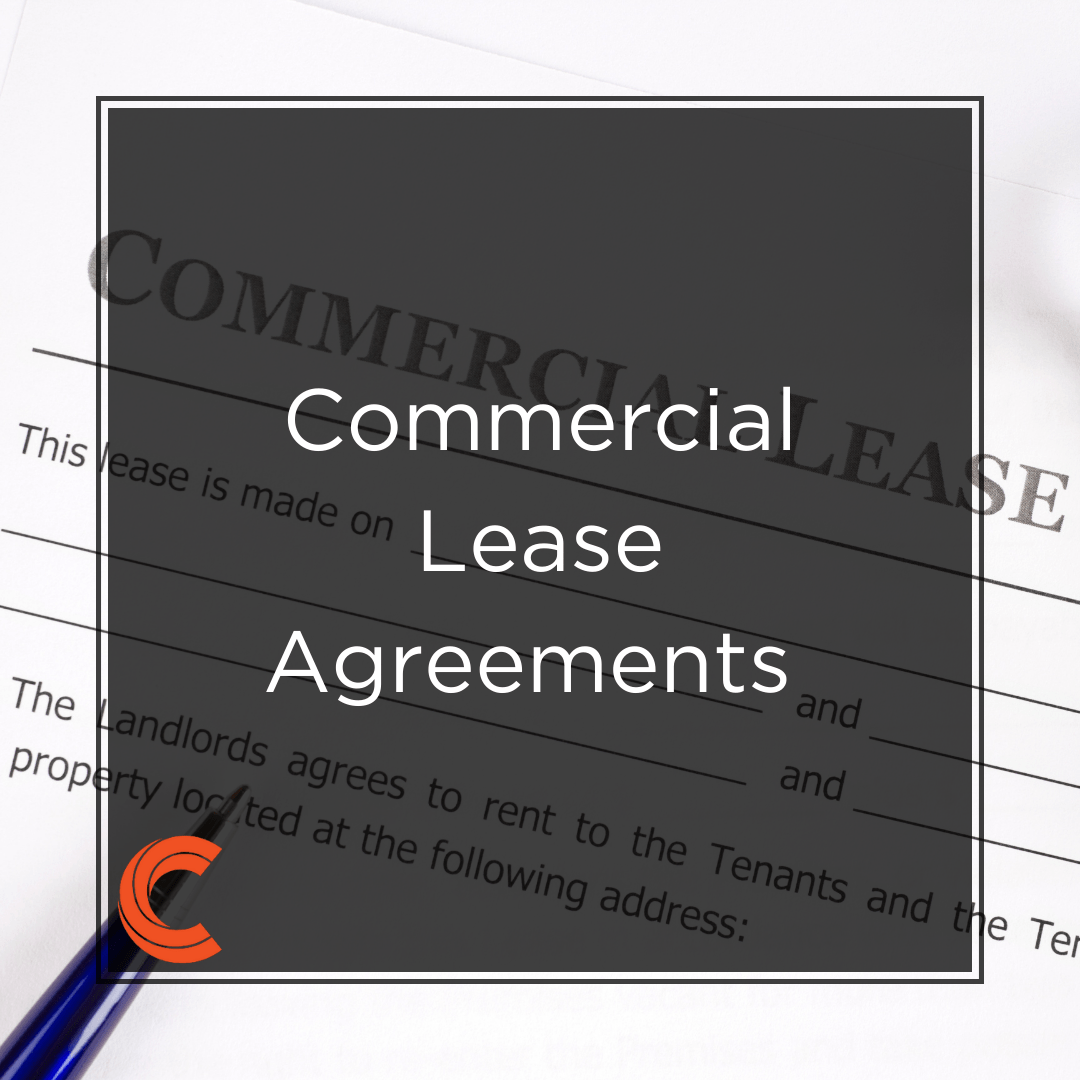Securing a commercial space is a significant decision for any business owner. The terms of your lease agreement determine your rights and responsibilities as a tenant, impacting your budget and operations for years to come. Understanding key provisions and effectively negotiating the lease is crucial for securing a space that aligns with your business needs.
This blog post explores some key provisions in commercial lease agreements and offers tips for successfully negotiating them.
Essential Lease Provisions
A commercial lease agreement is a legally binding document outlining the terms of occupancy for a commercial space. Here are some key provisions to understand:
- Premises: Clearly defines the exact location and size of the leased space.
- Lease Term: Specifies the duration of the lease, including the start and end dates.
- Rent: Outlines the rental amount, payment frequency, and any potential rent increases.
- Security Deposit: Details the amount and terms for the security deposit returned to the tenant at the lease end,
- Use of Premises: Defines the permitted uses of the space, including any restrictions on activities.
- Maintenance and Repairs: Specifies who is responsible for maintaining the property and repairing any issues.
- Taxes and Insurance: Clarifies which party is responsible for property taxes, building insurance, and any other relevant insurance requirements.
- Assignment and Subletting: Defines whether the tenant can sublet the space or assign the lease to another party.
- Default and Termination: Outlines the conditions under which the lease can be terminated by either party.
Negotiating Your Lease Agreement
While a standard lease agreement might exist, don’t be afraid to negotiate terms that better suit your business needs. Here are some tips for successful negotiation:
- Review the Agreement Carefully: Thoroughly understand each provision before signing.
- Prioritize Your Needs: Identify your must-have terms, such as lease length and rent structure.
- Research Market Rates: Know the average rental rates for similar spaces in your area.
- Gather Documentation: Prepare documentation supporting your negotiation points, such as business plans or financial statements.
- Start Early: Begin negotiations well before your desired move-in date.
- Negotiate Everything: Don’t hesitate to negotiate terms beyond rent, such as maintenance responsibilities or parking availability.
- Be Prepared to Walk Away: Know your bottom line and be willing to walk away if negotiations aren’t favorable.
Seeking Legal Help
Commercial lease agreements involve complex legal matters. Partnering with a business law firm like Carbon Law Group can significantly benefit you during the negotiation process. Their experienced attorneys can:
- Review and explain the agreement in detail.
- Identify potential areas for negotiation.
- Draft counter-proposals that protect your business interests.
- Negotiate with the landlord on your behalf.
- Ensure the final agreement is clear, concise, and legally sound.
Conclusion
Understanding key provisions and effectively negotiating your commercial lease agreement helps ensure you secure a space that supports your business growth. By being informed and prepared, you can enter negotiations with confidence and secure a lease that aligns with your financial goals and operational needs. If you require legal support throughout the process, consider partnering with Carbon Law Group for expert guidance and a successful outcome.





